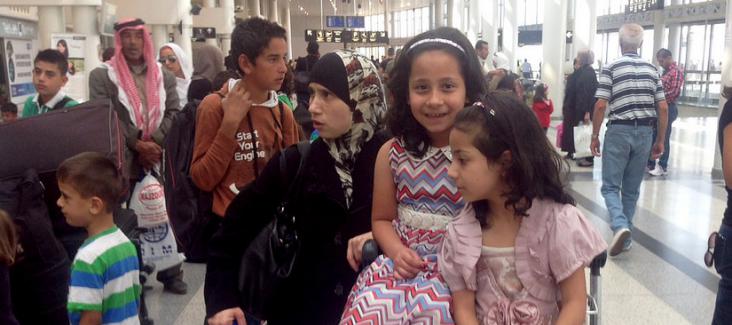Four million Syrians have fled to other countries, and hundreds of thousands of others from the Middle East and Africa are pouring into Europe. Thousands have perished crossing the Mediterranean, and many nations have failed to live up to their legal obligations on refugees, creating a humanitarian emergency and leaving millions in legal limbo. But as deep as the crisis is in Europe—and this is the largest surge of refugees since the collapse of the Soviet Union—it is merely part of a global crisis involving 19 million refugees from Honduras to Nigeria to Myanmar.
The crisis is putting pressure on the world’s governments to collaborate on ways to protect refugees, house them, and integrate them into new communities. What must Europe do differently in its response to the crisis? How have other parts of the world—from North America to Southeast Asia—responded to similar surges in refugees? And, with war and climate change likely to produce more waves of refugees around the world in the decades ahead, what lessons must the world learn from today’s refugees challenges?
Naomi Steinberg, Director of Refugee Council USA, Astrid Ziebarth, Director of the German Marshall Fund’s Immigration and Integration Program, Susan Fratzke, Policy Analyst at the Migration Policy Institute, and Wenzel Michalski, Germany Director of Human Rights Watch, visit Zócalo to explore whether the world can devise a better approach to what the U.N. says is the largest number of refugees globally since World War II.
Place: Friedrichsaal at Deutsche Bank, Unter den Linden 13/15, 10117 Berlin (see Google maps here)
Date: 22 October 2015, 6.00 pm
Registration: via webform here
Contact person: Cora Pfafferott, pfafferott[at]democracy-international.org
Source of Image above: International Organisation of Migration, creative commons
